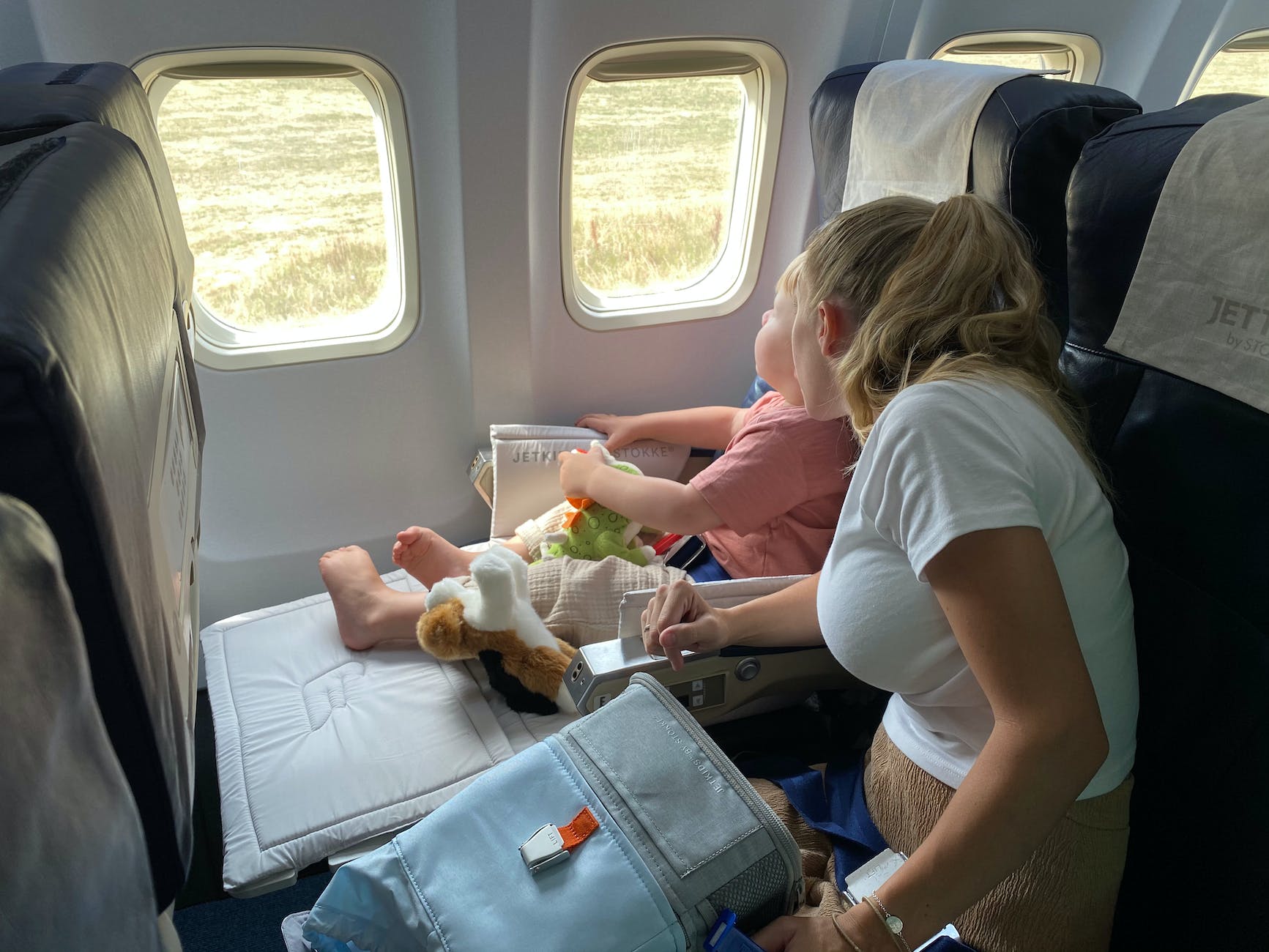How Long You Can Travel with Frozen Breast Milk May Actually Surprise You
By Lydia Mack on July 13, 2023

The general rule of thumb is that fresh breast milk can be stored in the refrigerator for up to four days. However, freezing breast milk extends its shelf life significantly, allowing you to preserve the safety and integrity of your breast milk.
So, how long can you travel with frozen breast milk? The answer depends on two factors: how you’re traveling and the cooling options available to you.
Let’s start by defining “frozen.” The CDC considers breast milk frozen as long as there are ice crystals in it. If there is a single ice crystal remaining, it is still considered frozen and can even be refrozen!
Breast milk is considered thawed when there are no longer ANY ice crystals. Thawed milk must be used within 24 hours and cannot be refrozen.
So what does that mean for traveling with frozen breast milk? The top concern for traveling with frozen breast milk is how to keep it frozen for the duration of your trip. Depending on your itinerary, you may need to find a solution tailored to your trip, which might include a configuration of coolers, shipping, toting, or checking it in your luggage.
1. Road trips
If you’re hitting the road, you’ll need to find a cooler that can maintain a temperature of 0°F (-18°C) or below, like the Cool Commuter by Milk Stork. Your already-frozen breast milk can remain safely stored for up to 24 hours in the cooler using the included gel packs.
2. Flying
When it comes to air travel, things can get a bit trickier. Most airlines allow you to bring frozen breast milk in your carry-on baggage, but always check with your specific airline for their policies. You’ll need a cooler that can maintain a temperature of 0°F (-18°C) or below that’s also TSA-compliant. Milk Stork has options for both carry-on and checked luggage. Breast milk is subject to additional inspection by airport security, so be prepared for that and know your rights. And if you can, consider choosing a flight with the shortest possible layover to minimize the risk of your breast milk thawing completely.
3. At Your Hotel
If your trip includes a hotel stay, you’ll need to plan ahead. Request a refrigerator or freezer in your room to maintain the necessary temperature. If one is not available, ask if you can use the hotel’s main refrigerator, making sure to clearly label and seal your breast milk storage bags or containers.

Want to skip TSA altogether? Let Milk Stork do the heavy lifting for you. Send breast milk where it needs to go with one our of bestselling, medical-grade coolers. Find the best solution for you here.


